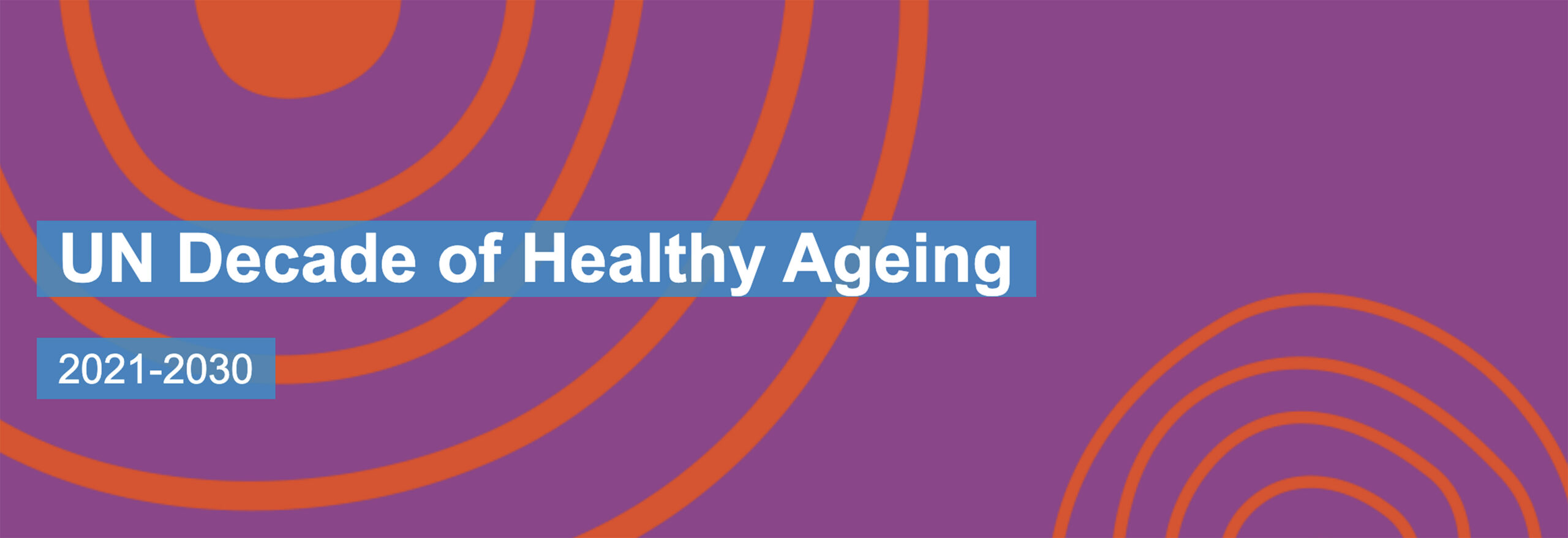The United Nations Decade of Healthy Aging (2021-2030) is a global collaboration of governments, professionals, scholars, the media, international agencies and the private sector striving to improve the lives of older people. The past year living with the threat of the COVID-19 pandemic has revealed many of the ageist attitudes that influence healthy ageing, and according to a recent WHO Global Report on Ageism, age-based discrimination shortens the lifespan of older adults, hinders recovery from disability, and speeds cognitive decline.
A recent article in The Lancet highlights the impact of ageism on the lives of seniors – their health, well-being and longevity. Ageist attitudes worsen social isolation and loneliness which have been found to significantly contribute to poorer mental and physical health. Ageism also limits access to employment, education and healthcare among older people.
By implementing strategies to reduce ageism through policy and law changes, education, and greater intergenerational contact, the negative effects of ageism on the health of seniors can be reduced. Ageism also comes with an economic cost to individuals and healthcare systems. By addressing ageism and its impact on the health of older adults, more communities will be able to meet the needs of seniors, improving care and supporting independence for seniors.
As communities plan for a post-pandemic future, combating ageism with strategies to reduce prejudice will help ensure both young and older people have the same opportunities to secure their health, well-being and dignity. As the senior population rises globally over the next 20 to 30 years with the ageing of the baby boomer generation, tackling ageism head-on will help protect the health of seniors, reduce healthcare spending and improve the quality of life for people of all ages.
Learn more and register your interest in sharing knowledge on ageing with the Decade of Healthy Ageing: The Platform here.






Add Your Voice
0 Comments
Join the Discussion